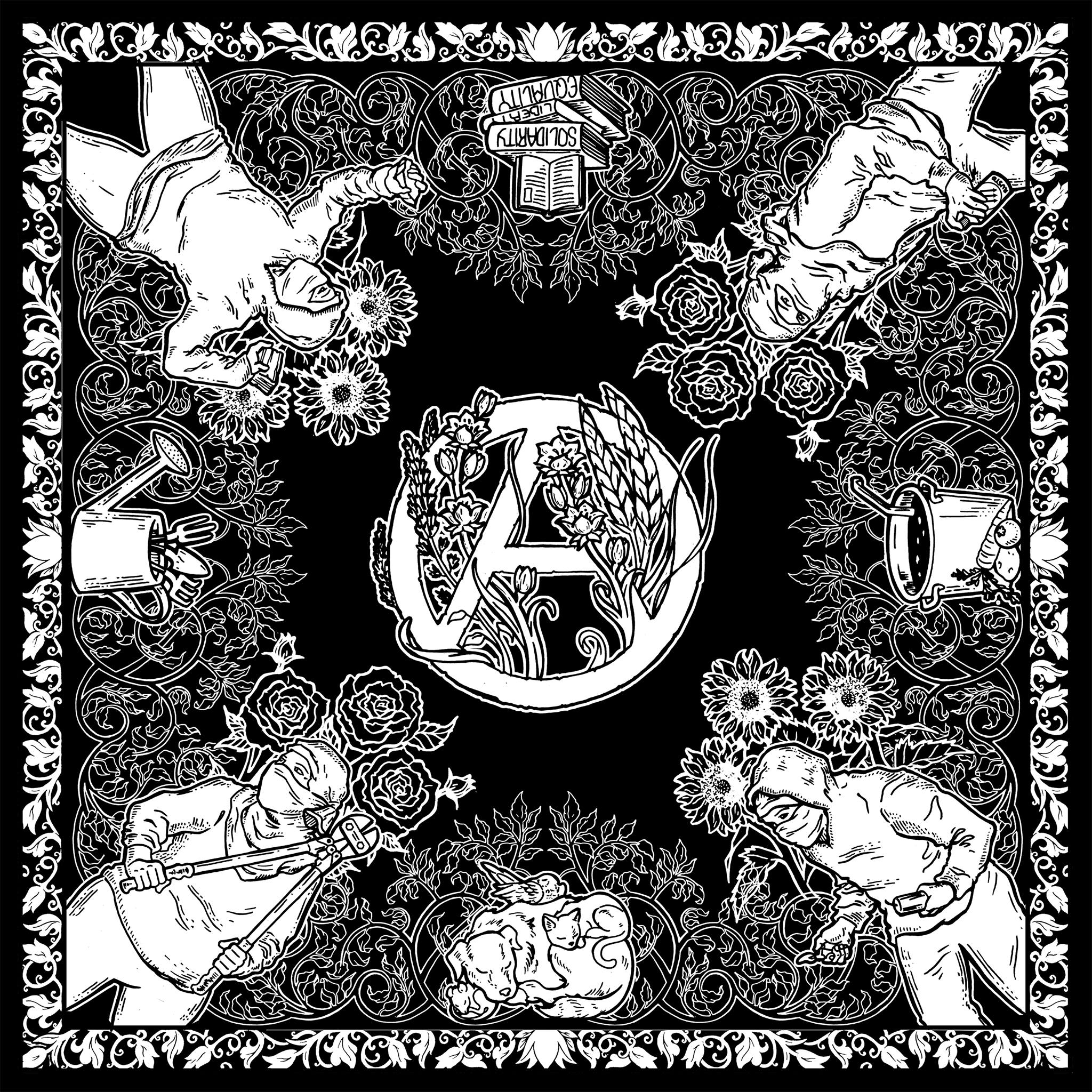The production of meat and other animal-sourced foods, especially in their industrialized form, entails significant exploitation of animals, labor, and the natural environment. However, concern with animals is often sidelined in left and progressive politics, and veganism is often derided by leftists as a liberal project. Many contend that veganism is fixated on consumerism, asceticism, identity, and deontological ethics, and is insensitive to the oppressions perpetrated by Western, capitalist epistemologies and economic structures. Responding to these charges, this article argues that veganism conceived as a boycott aligns with existing Left commitments to social and environmental justice, and also those concomitant with a trans-species anti-exploitation ethic. The authors elaborate a specific definition of veganism as a boycott, situate it as a tactic within the broader political horizon of total liberation – schematized as a three-tier model for political action – and explain why it offers an effective form of eroding capitalism and other systems of domination. The authors conclude that refusing to consume animal products has tangible economic and social impacts, increases solidarity between human and nonhuman populations, and sensitizes individuals and communities to the socio-political effects of their consumer behavior.
Jonathan Dickstein, Jan Dutkiewicz, Jishnu Guha-Majumdar & Drew Robert Winter (2022) Veganism as Left Praxis, Capitalism Nature Socialism, 33:3, 56-75, DOI: 10.1080/10455752.2020.1837895

